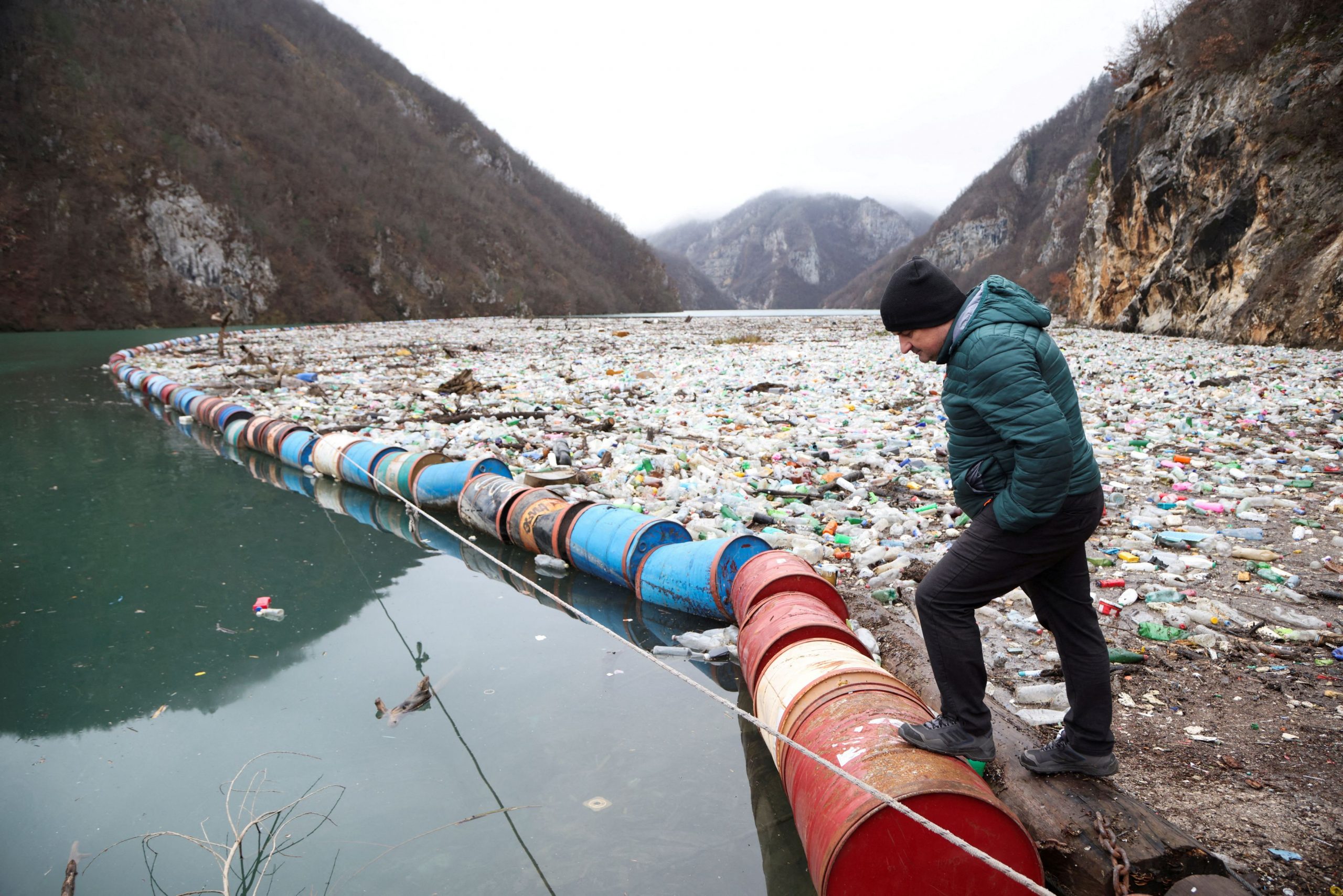Negotiations to establish the first legally binding global plastic pollution treaty to combat plastic pollution by the end of 2024 have reached a stalemate, with discussions now postponed until 2025.
The talks, held during the fifth session of the Intergovernmental Negotiating Committee (INC-5) in Busan, South Korea, from November 25 to December 1, brought together delegates from over 170 countries but ended in an impasse.
Despite extensive deliberations, the session was suspended without consensus, underscoring the complexity of crafting a treaty that balances environmental imperatives with economic interests.
Closed Doors, Big Oil, and Finance in the Spotlight
The negotiation process faced sharp criticism from indigenous groups, environmental advocates, and experts for its lack of transparency. All meetings were held behind closed doors, excluding non-governmental representatives, which sparked concerns about accountability and inclusivity.
Key sticking points included whether the treaty should prioritize limiting plastic production alongside managing plastic waste. More than 100 countries supported capping plastic production as an essential step to combat pollution effectively. However, oil-producing nations like Saudi Arabia and Russia opposed such measures. Their resistance stems from the economic stakes tied to the near-400-million-ton annual plastic production, much of which is derived from fossil fuels.
Disagreements also arose over the regulation of hazardous chemicals used in plastics. While overwhelming scientific evidence links these chemicals to human health risks—including their detection in vital organs—nations differed on the necessity and extent of controls.
The Financial Divide
A central point of contention was financing the treaty’s implementation. Developing countries pushed for financial support from the Global North, advocating for the “polluter pays” principle, which would place significant financial responsibility on developed nations and major plastic-producing corporations. Developed countries, however, resisted bearing these costs alone, leading to further friction in the negotiations.
Next Steps to Arrive at a Global Plastic Pollution Treaty
Negotiators will reconvene in 2025 with the aim of crafting a comprehensive treaty that addresses the entire lifecycle of plastics—from production to disposal—and effectively mitigates the global plastic pollution crisis.
However, whether nations can reconcile their economic interests with the urgent need to protect the planet and its people remains to be seen.



